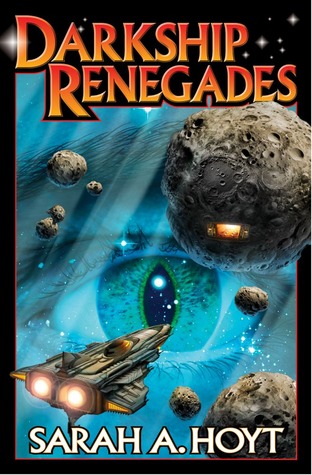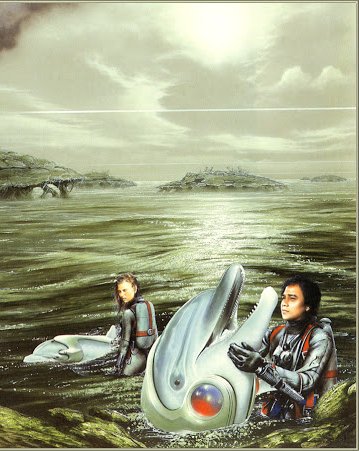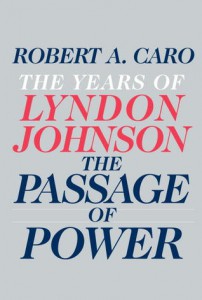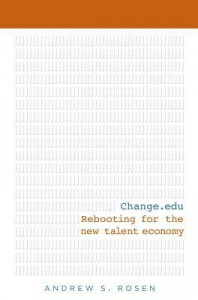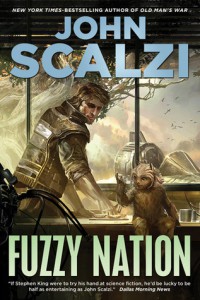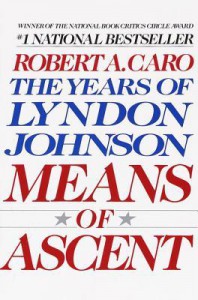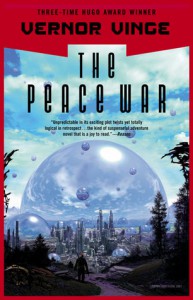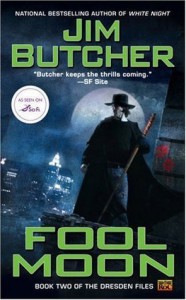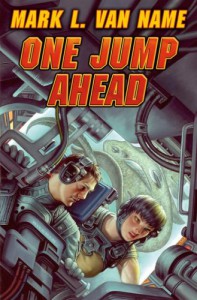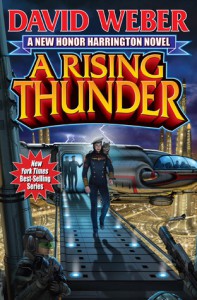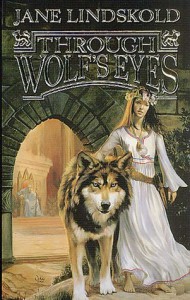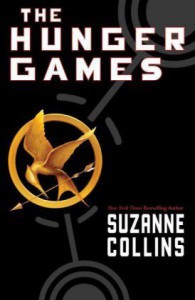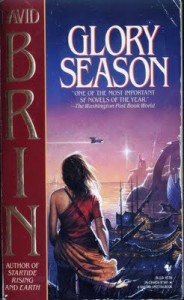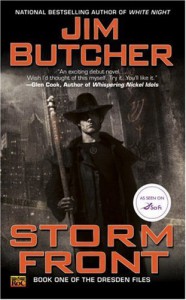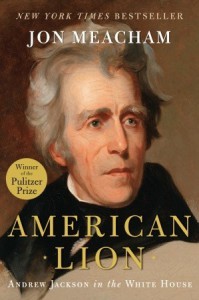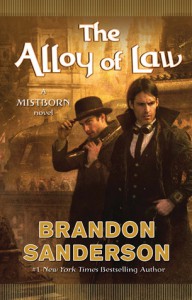
Freedom by Jonathan Franzen
My rating: 3 of 5 stars
Personal Enthusiasm: It Was Okay
Literary fiction. It's the one genre (if you can call it that) that the reviewer has studiously avoided. And, yet, here he is. Writing a review of a literary novel. And not just any literary novel. Joe's writing a review of a novel that was picked by Oprah, for her noted national book club.
The reviewer thinks it's worth reflecting on how Joe got here. There was definitely some overconfidence and hubris involved. There was a sense that Joe could read the tea leaves better than others. Joe bet on the outcome of an election and lost. The tide of events was stronger than the strength of his convictions. In losing, he temporarily sacrificed control of his reading time.
Joe's good friend Adam believed that Joe's loss reflected bigger things. (That, at least, is how the reviewer chooses to view matters.) Perhaps a view of culture that's too constricted. Maybe an unbalanced reading list. Or a narrowness of mind. Whatever the reason, Adam assigned him the task of reading and reviewing Freedom.
Joe immediately suspected that this book represented the heretofore avoided "literary fiction" shelf. Never having actually bothered to fully define literary fiction, he was forced to do so. Naturally, he consulted Wikipedia on the topic.
Literary fiction, in general, focuses on the subjects of the narrative to create "introspective, in-depth character studies" of "interesting, complex and developed" characters. This contrasts with paraliterary fiction where "generally speaking, the kind of attention that we pay to the subject in literature ... has to be paid to the social and material complexities of the object".
Literary fiction does not focus on plot as much as paraliterary fiction. Usually, the focus is on the "inner story" of the characters who drive the plot with detailed motivations to elicit "emotional involvement" in the reader.
The tone of literary fiction is usually serious and, therefore, often darker than paraliterary fiction.
The pacing of literary fiction is slower than paraliterary fiction. As Terrence Rafferty notes, "literary fiction, by its nature, allows itself to dawdle, to linger on stray beauties even at the risk of losing its way."
Neal Stephenson has suggested that while any definition will be simplistic there is a general cultural difference between literary and genre fiction, created by who the author is accountable to. Literary novelists are typically supported by patronage via employment at a university or similar institutions, with the continuation of such positions determined not by book sales but by critical acclaim by other established literary authors and critics. Genre fiction writers seek to support themselves by book sales and write to please a mass audience.
Joe found that this description captured what he'd always feared about literary fiction. The genre represents novelists, freed from the constraints of financial or popular success, writing slow, serious, dark, plotless novels about the inner lives of characters. It sounded like a recipe for a boring, depressing book. And his honor depended on him reading it, finishing it, and reviewing it.
The thought of this book filled Joe with dread. He had to spend nearly a week nerving himself to start it, expecting weeks of painful slogging. Reality was a pleasant surprise. (The last time in this narrative that it would be.) Freedom was easy to read and did give the reader some incentive to progress through the story. Once started, he didn't feel tortured by his continued progress through it. Nevertheless, his fears weren't groundless. It was slow, serious, dark, and mostly (but not entirely) plotless. It focused on the inner lives of its characters, for the purpose of revealing their flaws and selfish motivations. For this reason, Joe would never consider it a page turner or book that he was eager to pick up.
What did Joe read? He read the story of Walter and Patty Berglund, a socially aware couple, leading the gentrification of a neighborhood in St. Paul, Minnesota. Outwardly, they were well matched and successful. They had two kids, a nice house and a secure income.
The reality was less pretty. Patty Berglund doted on her son, Joey, to the exclusion of both husband Walter and daughter Jessica. Walter, perhaps in reaction to Patty's weird indulgences of Joey, constantly fought with Joey and doted on Jessica (whom Patty nearly ignored). Patty always claimed (both to herself and to others) that Walter was the center of her life. But she really lusted after Walter's college friend, Richard Katz, being nearly unable to sexually resist him. Richard was a struggling, principled, indie rocker. Walter constantly competed with him, like the brother that he'd always wished he'd had. Patty constantly wished she could be with Richard but feared irretrievably damaging Walter's psyche.
Freedom starts with an overview of the Bergland's early life in their neighborhood, focusing on Patty's interactions with their neighbors. Then it suddenly detours into about 200 pages of Patty's therapeutic autobiography before jolting back to the main narrative. The reviewer had to read about the inner life of each Berglund, as well as the inner life of Richard Katz. The narrative showed how Patty's screwed up family life led to the screwed up way that she treated her own children. It showed how Walter's screwed up family life led to the screwed up way that he treated his own children. It showed how Katz just enjoyed screwing up everyone's life.
(The reviewer should mention, at this point, that there are no pleasant or sympathetic characters in this novel. At multiple points during each character's time on screen, he entertained fantasties of throttling each character and walking away. The reviewer cheerfully admits to avoiding "stupid" people and resents that Franzen thinks there is something to be gained by spending large quantities of time with said stupid people.)
(And, how is the reader supposed to interpret Franzen's portrayal of Patty? Does she really say "ha ha ha" in a pathetic attempt at sarcastic humor? Or is that merely Franzen's lame attempt at communicating the sound of laughter during those times in which he doesn't want to just say "she laughed"?)
Freedom is so named (so the reviewer thinks) because it portrays a modern American family, living a life full of "freedom". But, ultimately, that freedom doesn't really make them happy. Pretty much everyone is miserable in some way, at every point of the story.
Now that he has finished the book, the reviewer does have a trinitarian question. "So what? What's the point? Why does this book exist?" Are Americans really that oblivious to the life around them that they require a novelist to document it and point out its flaws? Does a certain, perhaps self-righteous, segment of society enjoy reading how about other portions of society go about ruining their lives?
At the risk of either boasting or appearing self congratulatory, the reviewer feels that he has a rich and detailed introspective view of his own life. His own inner narrative sounds remarkably like a literary fiction novel. No aspect of human nature, revealed by Freedom, was a revelation to him. It was ultimately dreary and uninteresting. If the reviewer wants a revealing view of human nature, he need only open the newspaper. (The sad story of General Petraeus and Patricia Broadwell teaches us that much.) He finds that literary fiction may be enlightening without being entertaining.
